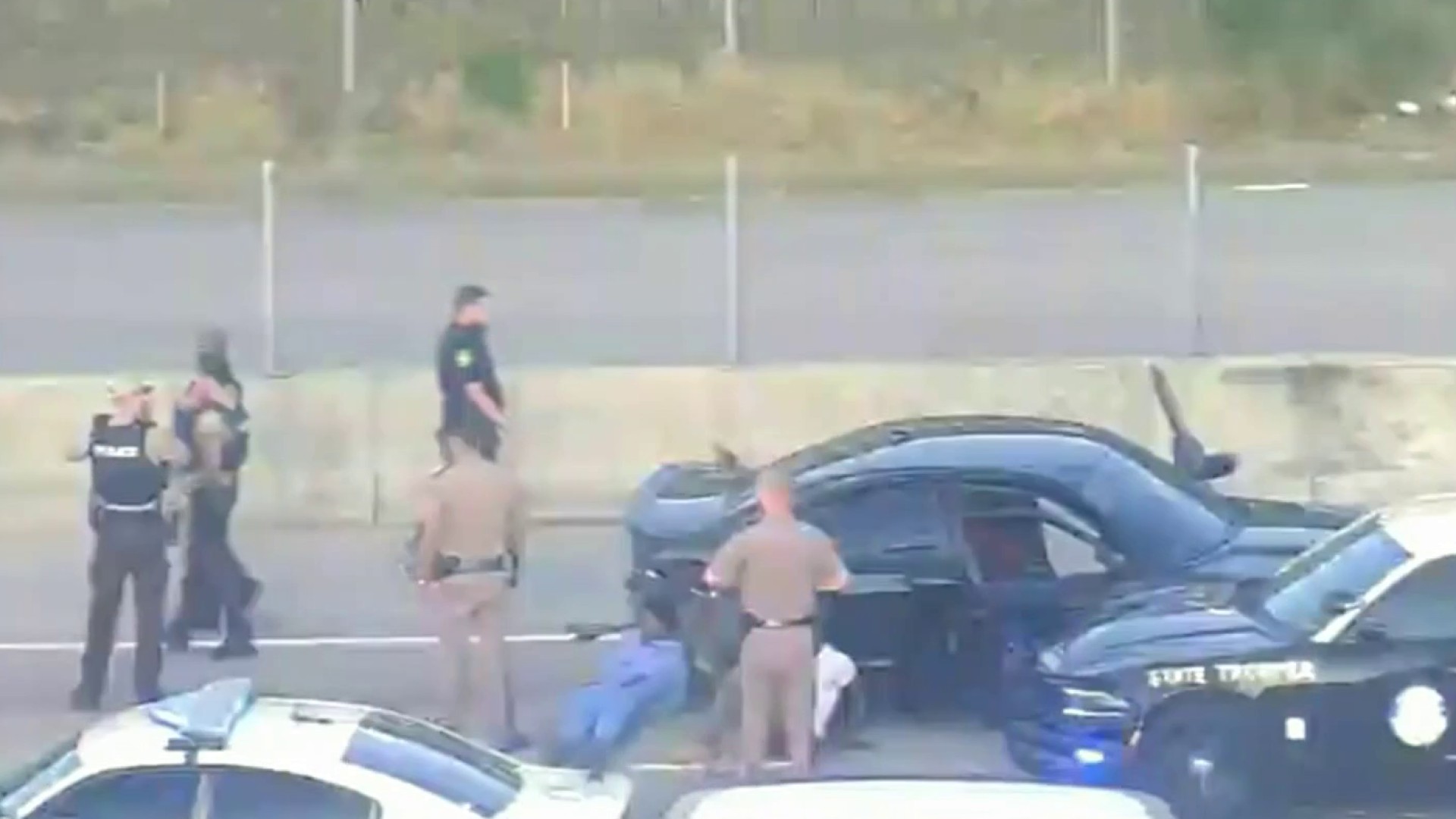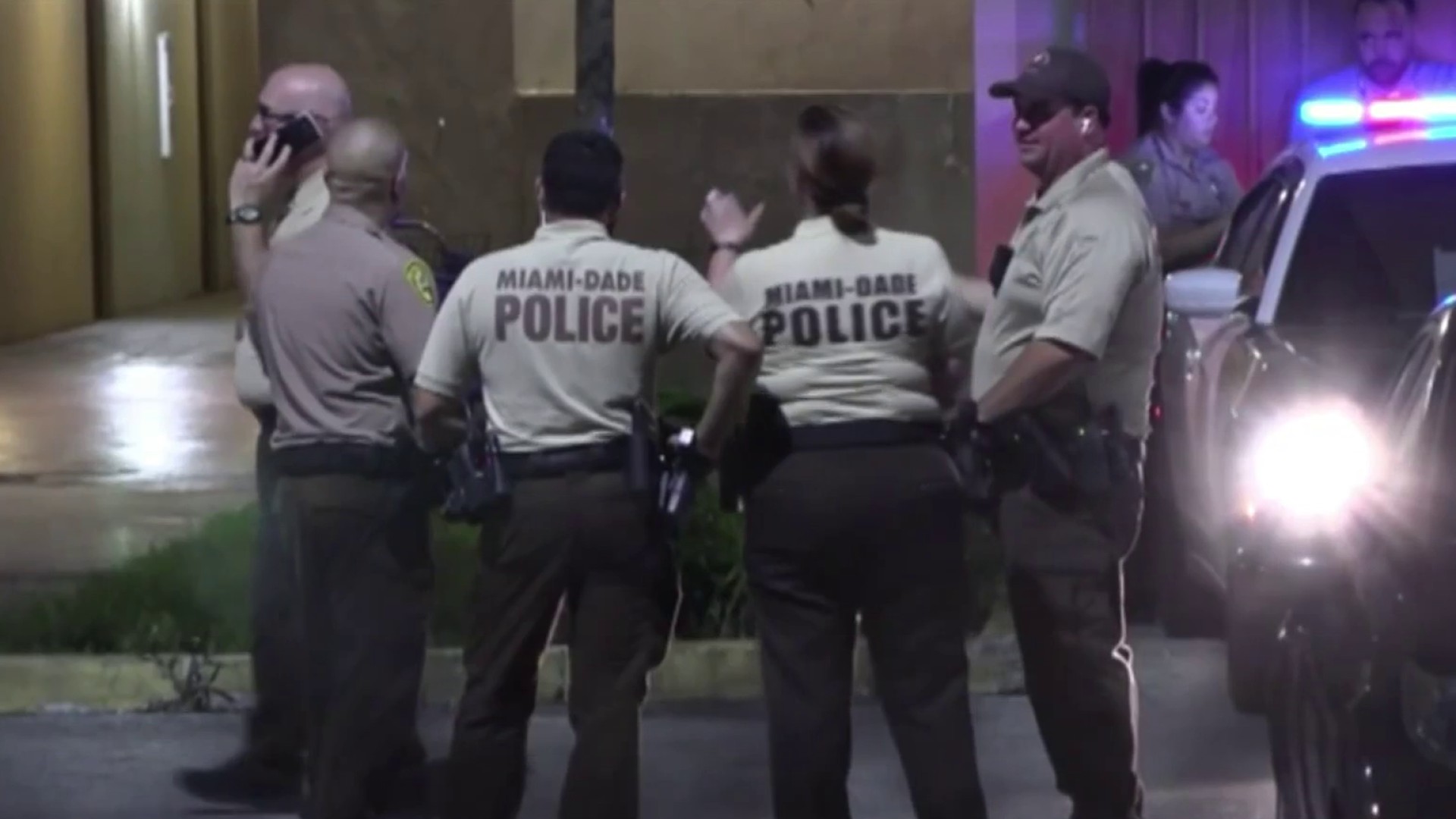Cuban-Americans in Miami are speaking out following the announcement that President Obama will be traveling to Cuba next month.
The announcement that Obama plans on meeting with Raul Castro on Cuban soil is stirring up some controversy, especially at the Cuban Research Institute at Florida International University.
"It's very unfortunate that the president is doing this," associate director Sebastian Arcos said. "A presidential visit is of the ultimate diplomatic effort to grant legitimacy. And the Cubans do not deserve this level of legitimacy because they have not done anything to deserve it."
While some are passionately opposed to the visit, there were some mixed views. According to the institute, there are some generational gaps between younger and older exiles on the issue of normalization.
"The community is definitely divided on this new policy," Arcos said. "You can see clear majorities opposing this policy in older exiles. And a clear majority of people that favor these kind of policies in younger recent arrived exiles," Arcos said.
Student groups at FIU had a variety of opinions for and against the meeting.
"I think this is really good. I really hope and I'm pretty sure that relations will get better and hopefully will get better for the people," said Steffan Blanco, a member of the Cuban-American student organization at FIU. "I can't expect a real reciprocity at the end but I think hopefully they will learn something from it."
Local
Others are not as optimistic.
"It's unfortunate that our president has chosen to go to Cuba. I think there's a reason why no U.S. President has been to Cuba since 1928 and I think that we have just lost what we stand for...freedom, human rights, constitutional liberties," said Rey Anthony, a member of the Free Cuba Foundation at FIU. "All the things that do not exist in Cuba in Cuba and that have not occurred in Cuba as Obama had promised a year and a half ago."
At Belen Jesuit Preparatory School, which was established in Havana and expelled by Castro in 1961 before relocating to South Florida, the reality of the trip hit home for some.
"I thought it was sort of interesting considering he's not from Cuba, he doesn't really have a lot of experience on Cuba," student William Tablada said. "I think it's sort of a slap in the face because we've really tried to stay away from trading with them and as long as they're still communist with Castro being there I don't think he should go."
His father, Guillermo Tablada, shared his disapproval.
"It will be a gesture to bow down to them basically in essence in my opinion and it will fix absolutely nothing," Guillermo Tablada said. "If you don't know history you may think this is a good idea, you may think a president visiting there will make a difference. If you look back at the history of the Castros this will make absolutely no difference whatsoever."
Carolina Jimenez, who was waiting to pick up her brother from school, sees things differently.
"You can look at it from that side but you can also look at it from the side that maybe through this Cuba will have the opportunity to be freed from that oppression," she said.
A Colombian-American, Jimenez said change in policy after decades may be what turns things around for the island country.
"It's very sad to see people living in those conditions. And I feel that even through diplomacy the American Dream can be reached and it'll give a lot of opportunities to the people living there," she said.
But people who've lived in Cuba and came to the U.S. when they were younger don't share that optimism.
"What I have seen there are so many restrictions, abuses, and so many people that died," Migulito Iglesias said.
"The people in jail are still in jail, the oppression continues. The poverty continues, there's nothing that his visit there will fix," Guillermo Tablada said.



